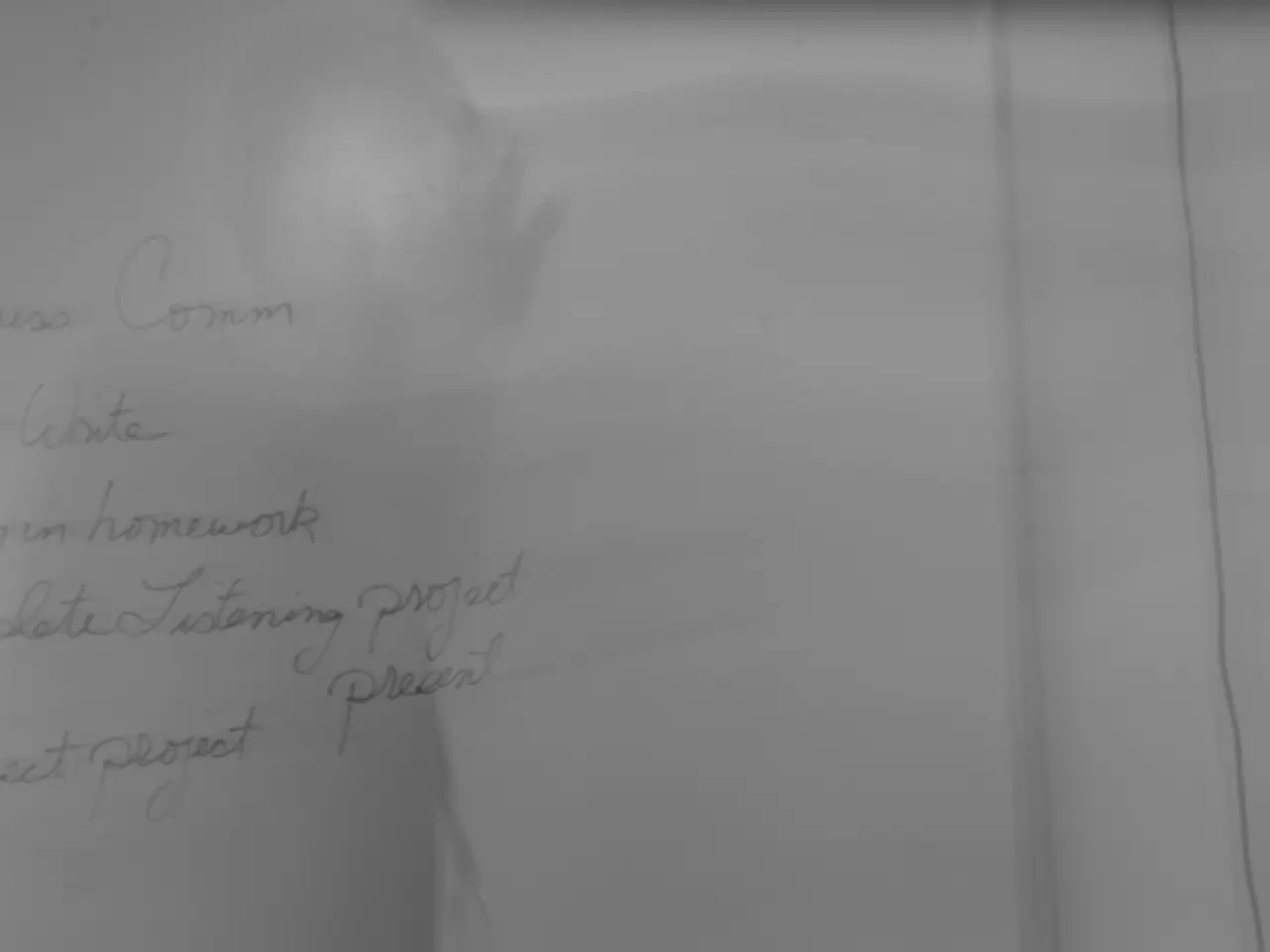European Commission recommends extensive penalties against Israel
The European Commission has taken a significant step in its ongoing dispute with Israel, proposing far-reaching sanctions in response to developments in the Gaza Strip. The proposed sanctions, announced by Commission President Ursula von der Leyen, aim to pressure Israel to change its course of action in the Gaza Strip. The measures include stripping trade preferences and imposing penalties on extremist Israeli ministers and settlers, accused of human rights violations and incitement to hatred. The Commission's decision to freeze funds earmarked for Israel from an EU pot for international cooperation has also been announced. This move is a response to Israel's military offensive and the resulting humanitarian catastrophe, which the Commission believes violates human rights and international humanitarian law. Israeli Foreign Minister Gideon Saar has dismissed the recommendations as 'morally and politically distorted' and expressed hope that they would not be adopted. He has criticized the Commission's proposal for sanctions as 'disproportionate' and 'unprecedented', stating that such a proposal has never been implemented for other countries. The European Commission's reliance on information from Hamas has been criticized by Israel, as it is seen as playing into the hands of the terrorist organization. However, Commission President von der Leyen has called for an immediate ceasefire, unhindered access for humanitarian aid, and the release of all hostages held by Hamas. The proposed sanctions do not require the approval of the EU member states, but the success of this initiative from Brussels is uncertain due to potential lack of support from EU countries like Germany and Italy. No EU countries have yet publicly opposed the European Commission's proposed sanctions against Israel, but there is no clear indication of which states are open to supporting them. It is worth noting that Israel's trade with the EU accounted for around 32% of its total international trade in goods in 2024. The total trade volume in goods between the EU and Israel in that year was €42.6 billion, with the EU's imports from Israel valued at €15.9 billion and its exports to Israel valued at €26.7 billion. In addition to the sanctions against Israel, the EU Commission has also proposed new sanctions against the Palestinian terrorist organization Hamas for initiating the Gaza war on October 7, 2023, and committing terrorist attacks. The EU Trade Commissioner Maroš Šefčovič expressed regret for having to take this step but deemed it appropriate and proportionate. He stated that Europe cannot accept the measures taken by the Israeli government in Gaza and the West Bank, which go far beyond Israel's legitimate right to self-defense. EU Council President António Costa echoed these sentiments, stating that Europe cannot accept the actions of the Israeli government. The future of these proposed sanctions remains uncertain, as the EU member states must decide whether to support them. However, the European Commission's decision to take such a strong stance against Israel is a clear indication of its commitment to upholding human rights and international law.
Read also:
- United States tariffs pose a threat to India, necessitating the recruitment of adept negotiators or strategists, similar to those who had influenced Trump's decisions.
- Weekly happenings in the German Federal Parliament (Bundestag)
- Southwest region's most popular posts, accompanied by an inquiry:
- Discussion between Putin and Trump in Alaska could potentially overshadow Ukraine's concerns







